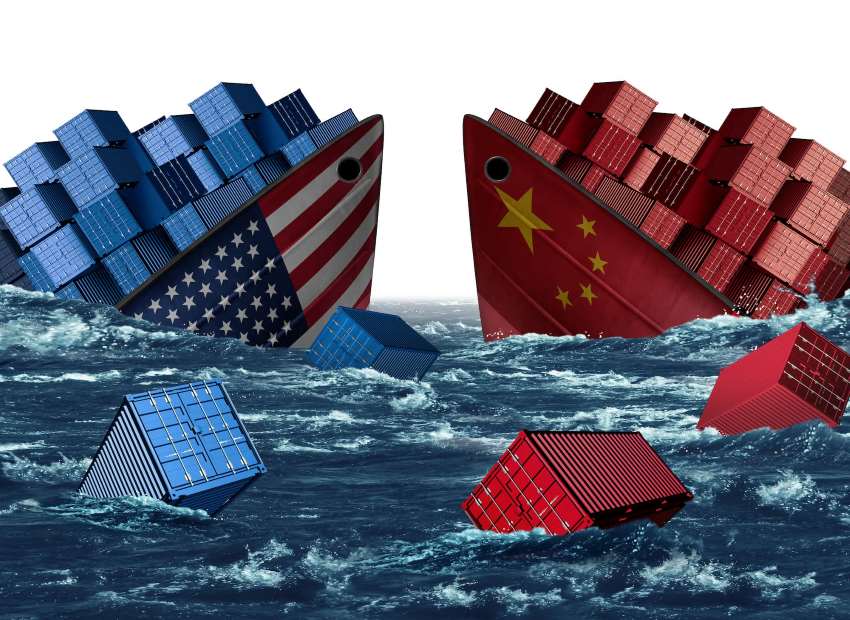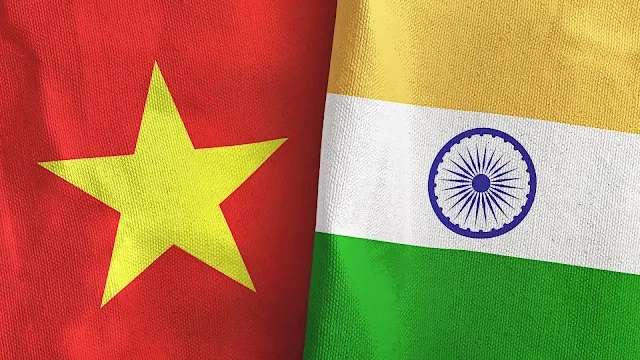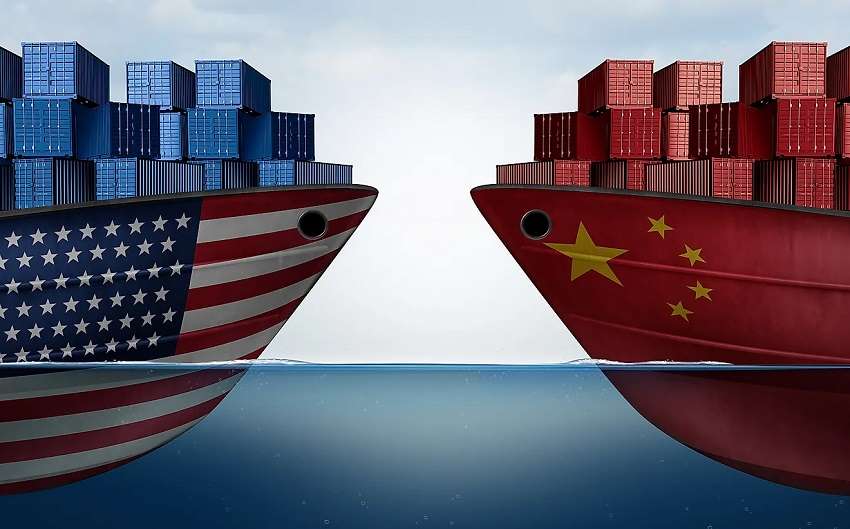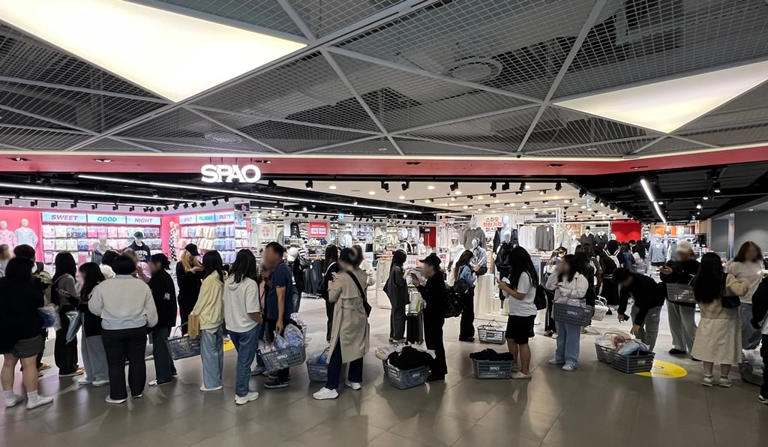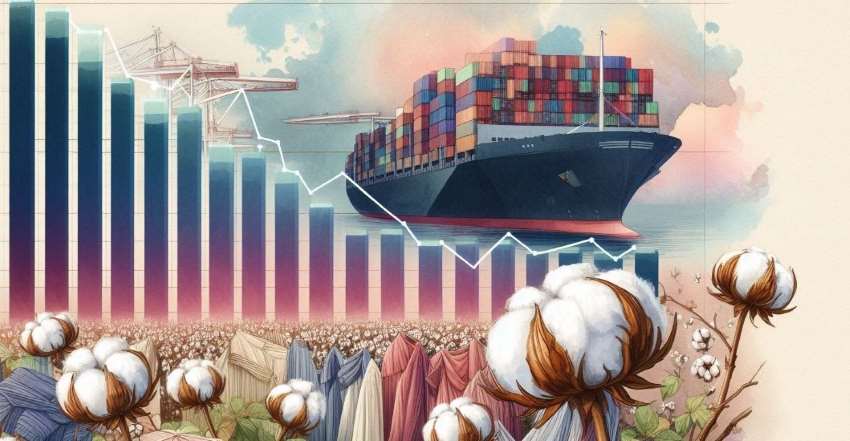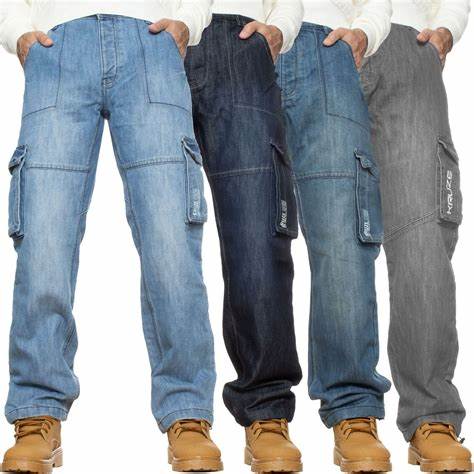"China is gearing up to up production of eco-friendly clothing, a far-fetched dream a decade back. Studies point at Chinese consumers becoming more willing to spend on green clothes and products. The proof was evident at the recently held Intertextile trade show in Shanghai. Sherry Poon, Founder, Wobabybasics point out for the first time, they actually labelled which factories used eco or organic textiles, so they were easier to find. Wobabybasics, which uses entirely sustainable materials, was hailed as a top sustainable clothing brand by NGO Green Initiatives."
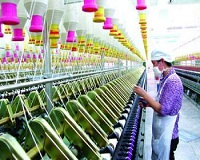
China is gearing up to up production of eco-friendly clothing, a far-fetched dream a decade back. Studies point at Chinese consumers becoming more willing to spend on green clothes and products. The proof was evident at the recently held Intertextile trade show in Shanghai. Sherry Poon, Founder, Wobabybasics point out for the first time, they actually labelled which factories used eco or organic textiles, so they were easier to find. Wobabybasics, which uses entirely sustainable materials, was hailed as a top sustainable clothing brand by NGO Green Initiatives.
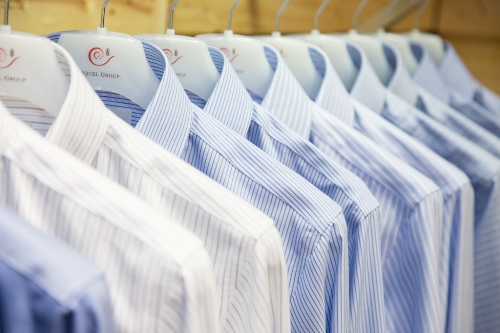
Taking the green leaf ahead, Hong Kong-based textiles giant Esquel, the world’s largest shirt maker, has put been putting sustainability at the centre of its business. The company makes for retailers including Marks & Spencer, Ralph Lauren, and Tommy Hilfiger. To enhance eco-friendly measures, a new $300 million garment factory in Guilin has low-energy measures such as natural ventilation, and a commitment to zero discharge of wastewater, informed Edgar Tung, Head, Global Garment Operations, Esquel Group. In the last 10 years, the company claims to have reduced energy consumption per garment by 45 per cent and water consumption by 64 per cent. A recent Corporate Information Transparency Index, which evaluated 267 brands in China, ranked Esquel the second-best textile and apparels company, for its green supply chain, and fourth greenest among all companies.
At the recent Integral Conversation sustainability conference in Guilin, organised by Esquel, some of China’s biggest names came together to outline their work in green production. Conglomerate Far Eastern, which has operations in ten major industries including textiles, construction and retail, outlined how it has shifted focus to green materials, including what they claim is the world’s first 100 per cent bio-polyester shirt. According to Douglas Tong Hsu, chairman and CEO, Far Eastern Group, this is the way of the future. The company is focussed particularly on reduced-chemical products and recycling waste products.
Government’s green initiatives
The government is also supporting the cause and has launched the Green Manufacturing Association of China this year. This initiative will be driving companies towards automation as a part of the ambitious ‘Made in China 2025’ plan to modernise the country’s factories. Some of the most polluting factories have already shut down, say experts, often unwilling or unable to afford the costs of new environment requirements.
However, despite certain companies taking efforts, there’s a long way to go before they reach a milestone. There is lack of awareness from consumers about how environmentally damaging the industry can be, plus the upfront costs of eco-friendly production are higher and it is difficult to secure reliable green suppliers. Manufacturers also face stricter standards which haven’t always been adhered to, for example, the Global Organic Textile Standard (GOTS), which considers both environmental and social factors, requires refreshing every year. And despite the increasing automation of factories, a preference for cheap labour is still common.
Research suggests most Chinese manufacturers are not ready for the next stage of digital, sustainable manufacturing, ‘Industry 4.0’. McKinsey’s Forest Hou, stated that around 60 per cent of companies in China are still moving from 1.0 to 2.0, and there is a very weak base for lean management. Their research showed only 30 per cent of Chinese manufacturing companies were ready to consider smart manufacturing. While more than half were ‘followers’, suggesting that the government’s ‘Made in China 2025’ target to transform the manufacturing sector faces an uphill challenge. In the midst of all these, going green makes perfect sense as Esquel insisted that building their green manufacturing centre has actually saved them money in the long run, and that green manufacturing doesn’t have to be the domain of high-end goods.

